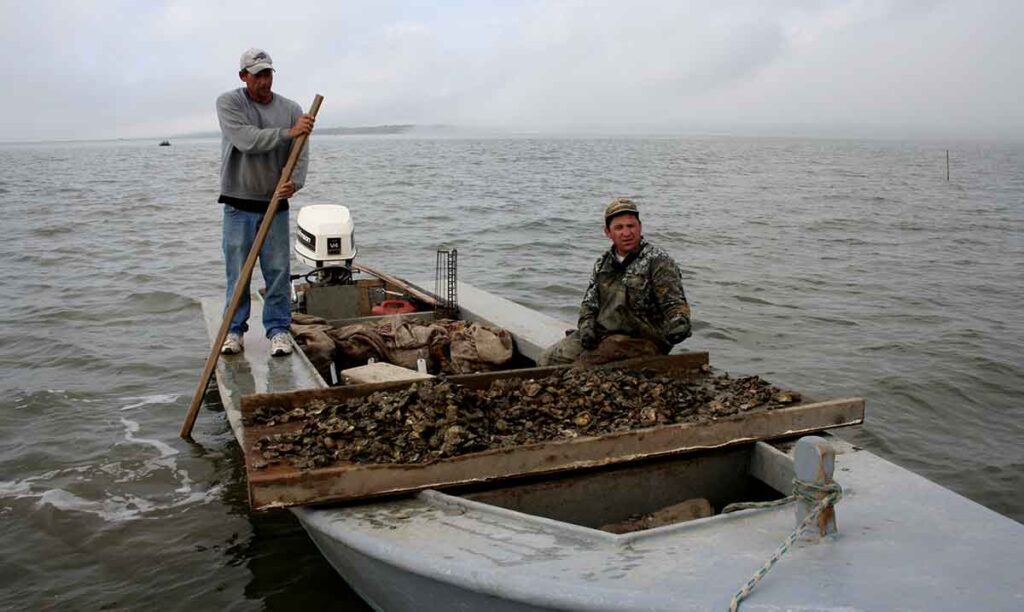A New Chapter for Southeast Rivers Starts Now
Stakeholders can now move forward toward solutions that will benefit the environment and communities throughout the entire basin.
A crisp 12-page ruling has brought to a close a lawsuit that began back in 2013, in which the state of Florida asked the U.S. Supreme Court to consider an “equitable apportionment” of waters shared with the Georgia in the Apalachicola-Chattahoochee-Flint (ACF) River Basin.
The Court has found that “Florida has not met the exacting standard necessary” to warrant a Court decision in its favor against the interests of another state.
Essentially, the Court found that Florida failed to prove that Georgia’s water consumption caused the collapse of the oyster fishery in Apalachicola Bay. The decision makes a point to note that Florida did not sue the U.S. Army Corps of Engineers, which plays a major role in managing river flows in the ACF basin. And it cites the report of the first Special Master appointed to hear this case, who found that the solution Florida proposed with its suit – a cap on Georgia’s water consumption – might not even work without the Corps of Engineers being at the table.

The Court’s opinion acknowledges the collapse of the bay fishery, and it acknowledges the complexity of the environmental factors that determine the bay’s health. But what have long been seen as flaws in Florida’s legal strategy in this case have now produced a unanimous decision against Florida.
This decision does not give anyone a free pass to disregard the health of the Apalachicola River and Bay. The Court noted: “We emphasize that Georgia has an obligation to make reasonable use of Basin waters in order to help conserve that increasingly scarce resource.”
Indeed, Georgia must continue to improve its stewardship of the basin’s rivers, with or without legal pressure from Florida. We and our conservation partners will continue to help the State of Georgia ensure that it does that! And, critically important, the Corps should heed the call of environmental groups and improve its management of water in the basin to support the environment.

It’s a shame that communities around Apalachicola Bay have had to suffer the very real consequences of a degraded and damaged ecosystem. And this ruling closes off one legal pathway to fixing these problems. But as this door closes, other doorways to real solutions for the basin might open.
The good news is that stakeholders throughout the basin can now move forward toward solutions that will benefit the environment and communities throughout the entire basin, upstream and down. We at American Rivers support the ACF Stakeholders effort and the group’s Sustainable Water Management Plan for the basin.
If a river system is not healthy at its downstream end—particularly, if it cannot support a healthy estuary—then there are problems upstream that need attention. As climate change poses increasing threats to rivers and communities throughout the region, American Rivers and our partners look forward to continuing efforts in a collaborative spirit to ensure the health of rivers throughout the entirety of this vital river basin.



